T: 01822 851370 E: [email protected]
Visit RSN Survey about life in rural England to find out more.
March Edition of Casebook from the Rural Health and Care Alliance
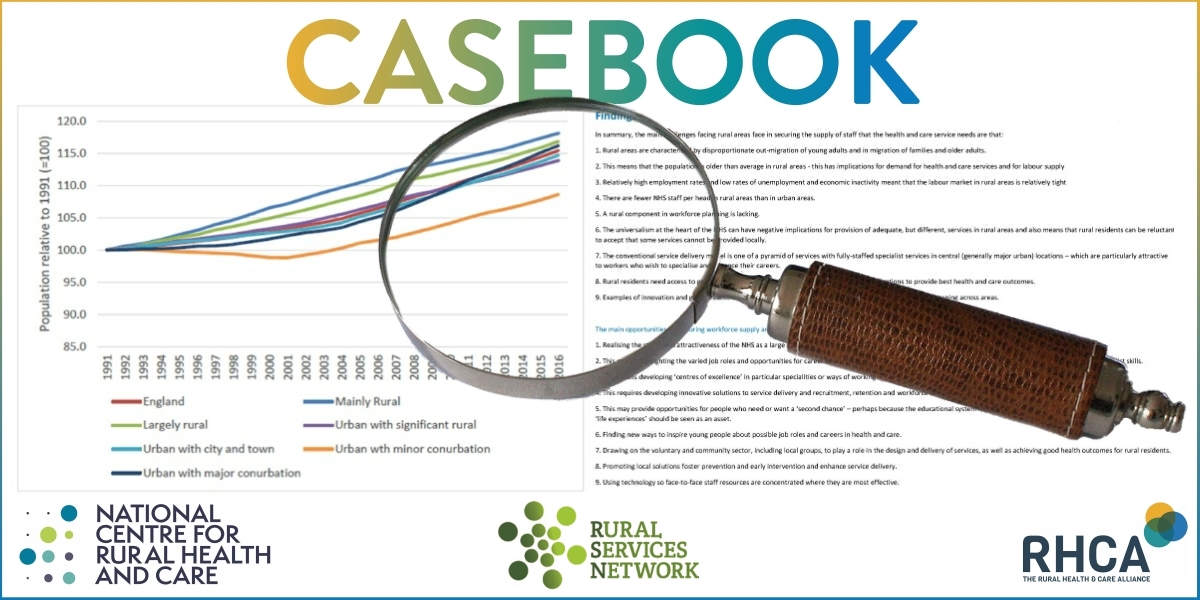
March 2021 Edition
In casebook this month, virus wars, the differential footprint of the virus, the links between poverty and health revisited through the lens of foodbanks, sleeping care workers not recognised and the need to mask up for the long term. Plus, some exciting updates on wider progress on key issues by the National Centre.
NEWS COMMENTARY
Coronavirus vaccines: PM to telephone EU leaders in bid to stop export ban being imposed
These vaccine wars put us all in a bad light. This is a truly global problem and I think overcoming it needs a strong case of “jaw,jaw” or nuanced from that famous saying “jab, jab’! Rural England plays host to some of the most vulnerable and frail people in the country and they along with everyone else will suffer if we can’t cut through this combative rhetoric. This story tells us:
Boris Johnson is expected to speak to his EU counterparts this week as a row over Covid vaccine supplies continues.
EU leaders will hold a virtual meeting on Thursday to discuss a ban on Oxford-AstraZeneca vaccine exports to the UK - but the PM aims to put the UK's case in one-on-one phone calls before that.
The European Commission president says the EU can "forbid" vaccines made on the continent being sent to the UK.
The latest flashpoint appears to be overdoses made in a Dutch factory.
The dispute over vaccine exports from the EU and a potential ban comes after European leaders have faced criticism for the slow pace of the vaccine rollout on the continent.
British-Swedish manufacturer AstraZeneca said the fact that EU contracts were signed later than with the UK caused problems with supplying their vaccine.
Downing Street has previously said that it does not believe that vaccine supply issues will affect the current road map for easing lockdown restrictions or the targets for administering jabs.
But the Guardian says a report by data analysts Airfinity suggests that if an export ban was applied to all vaccines - including those from Moderna and Johnson & Johnson that have yet to be deployed in the UK - it would see the offer of a first vaccine to every adult completed in late August rather than the target date of 31 July.
Full article: https://www.bbc.co.uk/news/uk-politics-56479814
Why are some towns struggling to shake off Covid-19?
This story could be seen as linked typically to northern industrial towns. However, in food processing centres like Spalding in Lincolnshire there is a disturbing tradition of equally high levels of the virus. This all makes me think about the importance of widening out our description of the concept of the key worker. Without these individuals I am afraid our way of life would become far less comfortable and yet their occupation puts them in harm’s way. This story tells us:
For weeks now, Covid-19 infection rates have been falling across the UK.
But there are some towns that have bucked the trend, with infections remaining stubbornly high.
This is particularly true of towns where the local economy relies on manufacturing, construction or food processing jobs - the kind of work that simply can't be done from home.
That becomes obvious on the shop floor of Owen Springs in Rotherham, where the sparks are flying.
For nearly 40 years this South Yorkshire firm has manufactured springs for cars, vans and trains.
This is labour that is hard, physical and hands-on, the red-hot metal being beaten and pressed into shape.
Nick Naylor, the managing director, says the pandemic has meant a re-think about how to keep the business going - while making sure staff stayed safe.
"This is old fashioned Sheffield metal bashing. We heat treat it and get it into shape, we can't do it separately, we do it as a team.
"It isn't something you can sit at home and do," he says.
"So, we have staggered breaks and working times, we have people who have buddied up in twos who always work together.
"It has been something we've had to learn as we go along, as everybody else has, what works, what doesn't work, how to keep people safe, and anything else that has been the priority while we keep the business standing up, waiting to get on with it."
Full article: https://www.bbc.co.uk/news/health-56449409
Nine in 10 councils in England see rise in people using food banks
This largely urban focused story serves to remind us of the links between health and poverty. There are hidden pockets of rural deprivation where the issues profiled here are likely to be just as acute. Just not as visible.
A rise in the use of food banks and an increase in family disputes requiring mediation has been seen across most of England, according to new research that uncovers the pressures on families during the Covid crisis.
Most local councils in England have also reported increased numbers of people needing help for homelessness, with warnings that many poorer households will face “disaster” unless emergency support is extended well beyond the pandemic.
More than nine in 10 district councils, which represent cities, towns and urban areas across England, have reported an increase in food bank use in the past year. Two-thirds reported an increase in mediations in family breakdowns.
Many also saw a rise in demand for help in dealing with disputes between landlords and tenants, according to a survey by the District Councils’ Network (DCN). It has prompted concerns that the evictions ban, put in place during the pandemic and recently extended, is not giving vulnerable households complete protection.
During 2020-21, 85% of English councils said they had seen an increase in claims from homeless households for temporary accommodation, while almost all councils (93%) had seen an increase in demand for help with paying council tax.
The survey reveals that the many pressures on vulnerable households created by the pandemic are also having a knock-on impact on local authorities, many of which were nearing breaking point even before the Covid crisis emerged.
Full article: https://www.theguardian.com/society/2021/mar/21/nine-in-10-councils-in-england-see-rise-in-people-using-food-banks
Sleep-in care workers entitled to minimum wage only when awake, court rules
This article puts into bold relief the challenges facing those dedicated to providing care for vulnerable people overnight. It tells us, in a ruling that will affect many rural care settings:
The government is under pressure to reform care laws after the supreme court ruled that support workers on “sleep-in” shifts are not required to be paid the national minimum wage for hours when they are not awake.
The decision ends a four-year legal battle involving two care workers and the learning disability charity Mencap that threatened to leave care providers with a potential £400m back-pay bill potentially jeopardising the care of vulnerable people.
The court said care workers should only be paid the national minimum wage hourly rate on sleep-in shifts when they were awake for the purposes of working.
While it ends the immediate possibility that huge back-pay bills would force care providers to close, the decision means thousands of care support workers – already on low incomes – potentially face substantial cuts in earnings.
Full article: https://www.theguardian.com/society/2021/mar/19/sleep-in-care-workers-not-entitled-minimum-wage-supreme-court
Covid: Masks and social distancing 'could last years'
Now here’s a depressing line of thought….
People may need to wear face coverings and socially distance for several years until we return to normality, a leading epidemiologist has predicted.
Mary Ramsay, the head of immunisation at Public Health England, said basic measures could be in place until other countries successfully roll out jabs.
She also said a return of big spectator events required careful monitoring and clear instructions about staying safe.
The defence secretary has not ruled out the foreign holiday ban being extended.
Ben Wallace told BBC One's Andrew Marr Show that booking a break abroad now would be "premature" and "potentially risky".
Dr Ramsay said restrictions such as face coverings in crowded places and social distancing had become accepted by many and still allowed the economy to function.
She said "people have got used to those lower-level restrictions now, and people can live with them, and the economy can still go on with those less severe restrictions in place".
"So I think certainly for a few years, at least until other parts of the world are as well vaccinated as we are, and the numbers have come down everywhere, that is when we may be able to go very gradually back to a more normal situation," she added.
Warning it was "very important that we do not relax too quickly", Dr Ramsay said any circulating virus would inevitably pick on those who are vulnerable.
"We have to look very carefully before any of these restrictions are lifted," she said.
Full article: https://www.bbc.co.uk/news/uk-56475807
NATIONAL CENTRE UPDATE
Rural Proofing Toolkit
The National Centre is working with a number of rural community councils, who operate through a mutual network called Cirican, to offer support at the level of local health systems to implement its new rural proofing toolkit. This was developed in partnership with Rural England. We may be able to work with you if you think this may be of interest. If so please email.
English Indices of Deprivation
Our good friend Professor John Shepherd has mapped the rural sensitive spin on the English Indices of Deprivation produced by the University of East Anglia for Lincolnshire. He is now moving on to produce maps for Devon and Norfolk. The results show a very interesting pattern of extended deep rural and coastal disadvantage. We are currently planning a seminar to review the results in more detail. If you would like more information, please drop me an email.
Covid Impact in Rural Settings
There has been a lot of urban focused analysis of the impact of covid. We need more information about its rural implications. Our work with Nuffield has begun to surface some of the challenges and we plan a second push on this front post Easter.
NHS Confed
The National Centre is thrilled to have just completed the agreement of a Memorandum of Understanding with the NHS Confed. The first stage of our work together will be to explore the development of a rural community of practice bringing members from both organisations together. More information to follow.
Health Education England Funding
The National Centre is thrilled to announce that HEE have provided funding to enable us to enhance the rural component of their international networking. We already have significant global links, facilitated primarily by our Board Member Dr John Wyn Jones. We will be organising a number of events over the next 12 months to progress this work further.
Parliamentary Inquiry
We are making steady progress in the writing up the 13 sessions of the parliamentary inquiry held over the last 2 years. Some of it is revelatory and all of it is very gripping. It’s a pleasure as well as a big challenge to be working on all of this. We hope to have a first draft completed by the end of April. More information in the next edition of Casebook to follow!
FUNDING OPPORTUNITIES
This month we focus on five funds namely:
- Knowledge Exchange and Commercialisation Fellow Fund
- MRC Neurosciences and Mental Health Programme Grant: May 2021
- Pre-announcement: Research into Inclusive Ageing
- The Armed Forces Covenant Fund Trust and Matthew Good Foundation - Grants for Good Fund.
To find out more about each of these funds click here
We’d love to hear from you - share what you’re proud of
The RHCA provides news, information, innovation, and best practice. If you have something, you would like us to feature in a future edition, please let us know by clicking here to send us an email.
Spread the word
If you know of other organisations that you think would benefit from joining the Rural Health & Care Alliance, please click here to email us and let us know.
RURAL SERVICES NETWORK
Up to date news on Health and Care
The Rural Services Network provides a useful source of themed news content and data. Check out the latest news on Health & Wellbeing and Vulnerability, where you’ll find articles on a diverse range of rural issues affecting rural communities. You might also find this research on Over 65 Population Projections useful too.
Latest from RSN Member Insights
RSN Member Insights is the place to discover the statistics that define communities within our membership. It is regularly updated with new analyses, and these will be highlighted in the 'What's New' section of the RSN's Weekly Rural Bulletin. The Rural Bulletin also provides a selection of the most rurally topical news items, so do subscribe and encourage your colleagues to subscribe to what is an invaluable weekly periodical.
The latest analyses within Member Insights explore population estimates, population projections, life expectancy and internal immigration. These can be found at:
https://rsnonline.org.uk/category/demography-insight
To make a suggestion of data that would benefit you by being included in the Member Insights section, please email Dan Worth, our Research and Performance Analyst, at [email protected].
| The Rural Health & Care Alliance is a membership organisation administered by the Rural Services Network on behalf of the National Centre for Rural Health & Care. Explore the RHCA service below: |
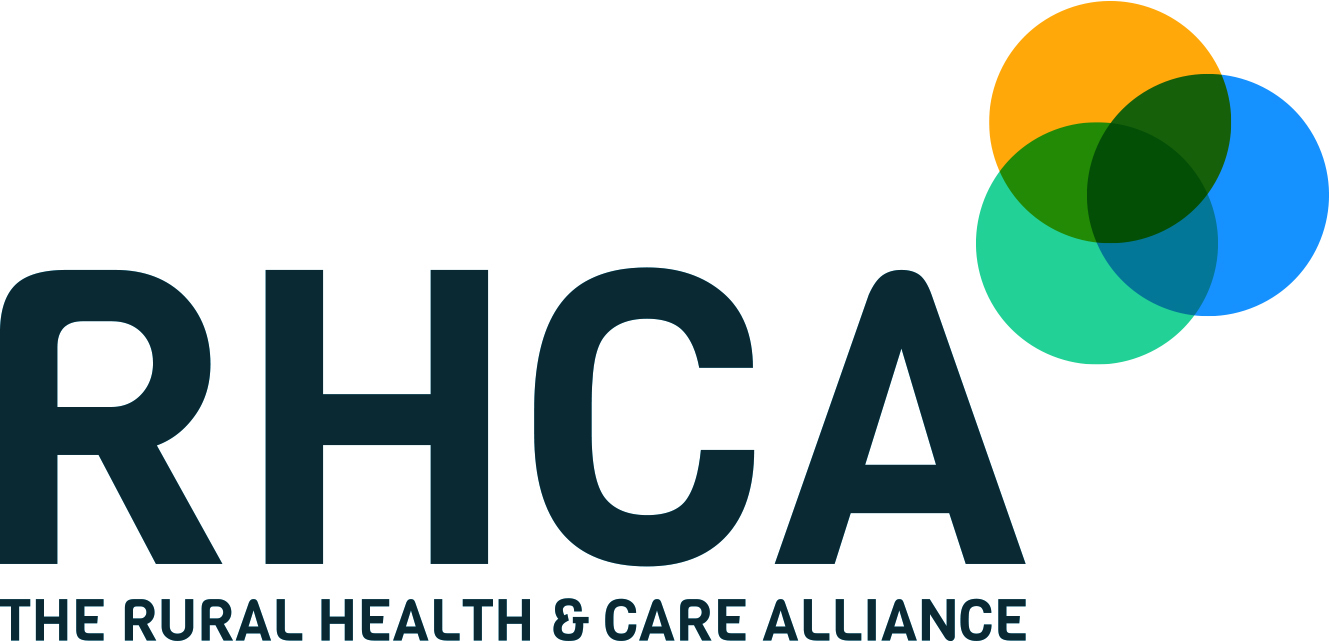 |
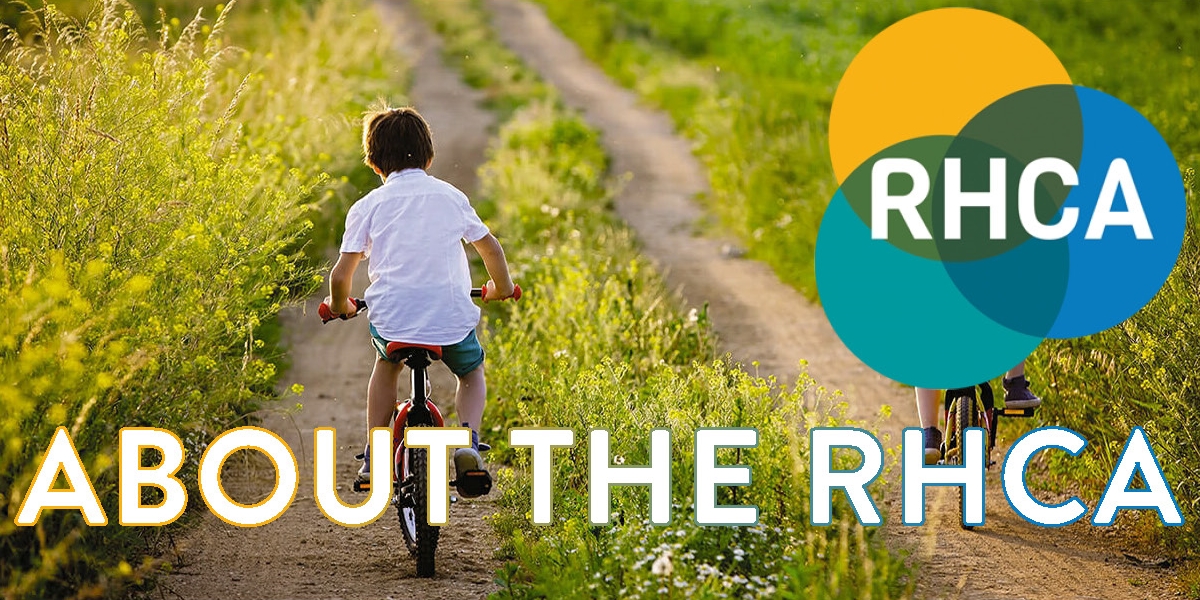 |
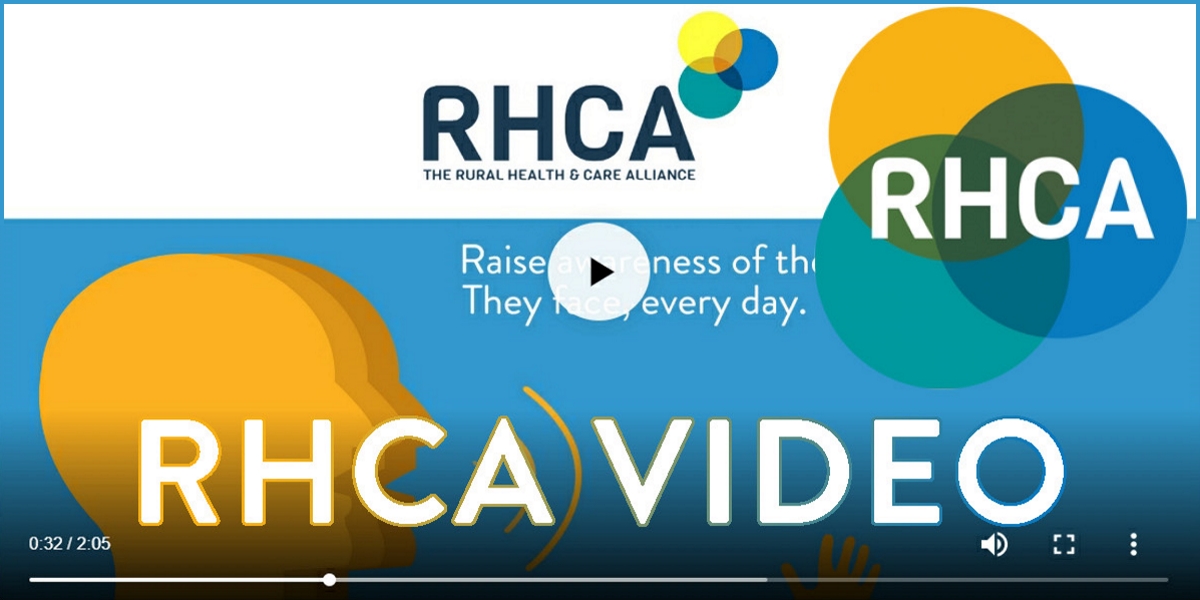 |
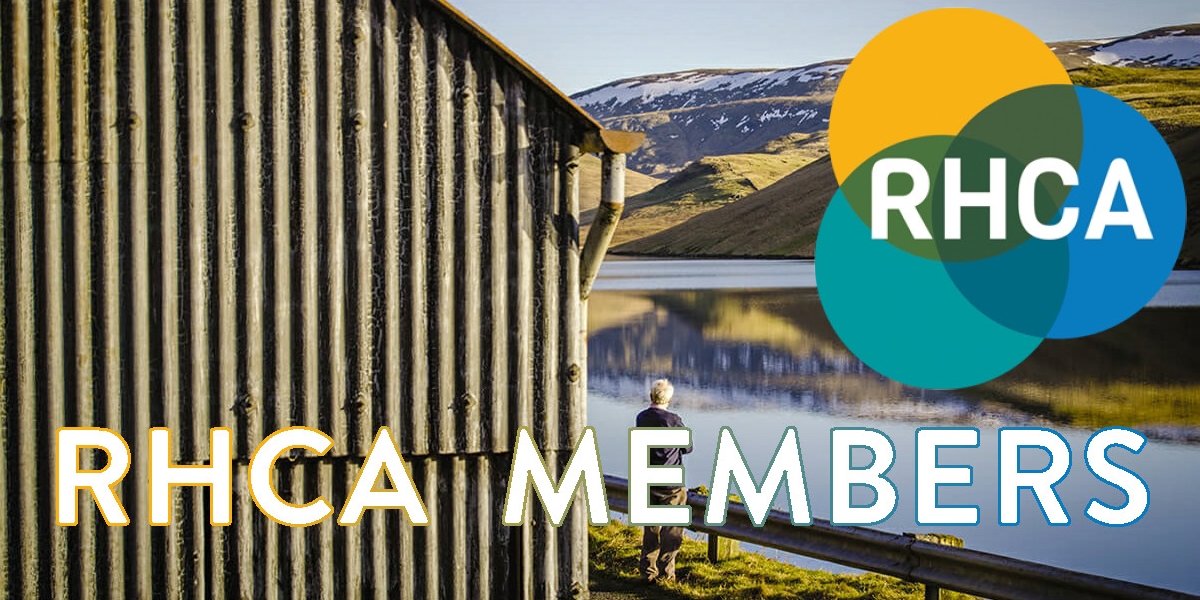 |
 |
 |
 |
 |
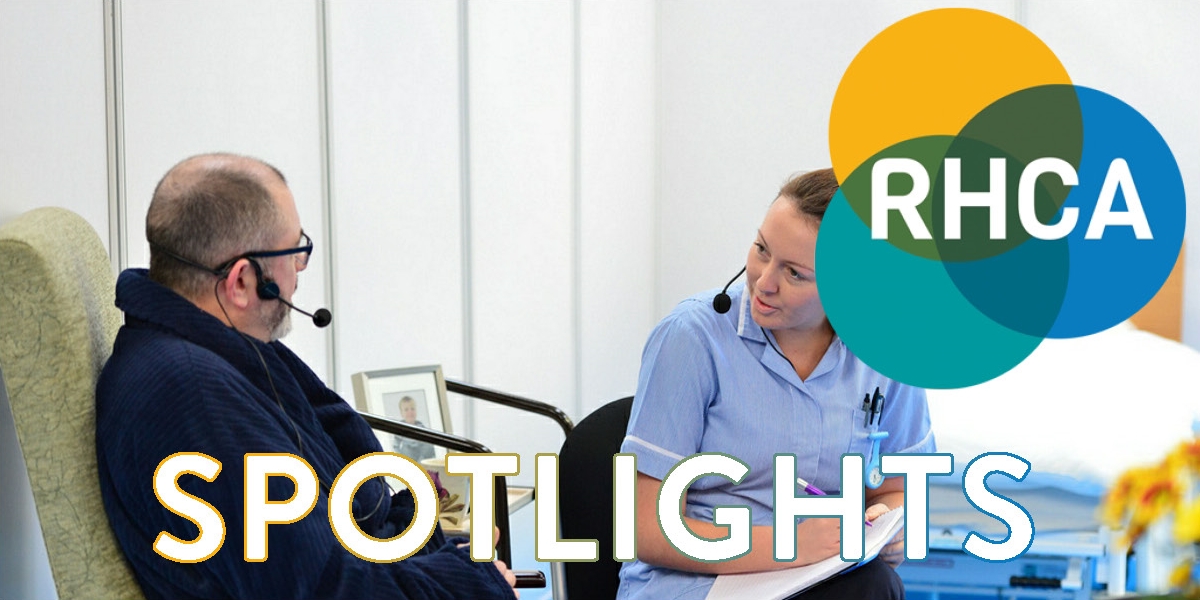 |
 |




